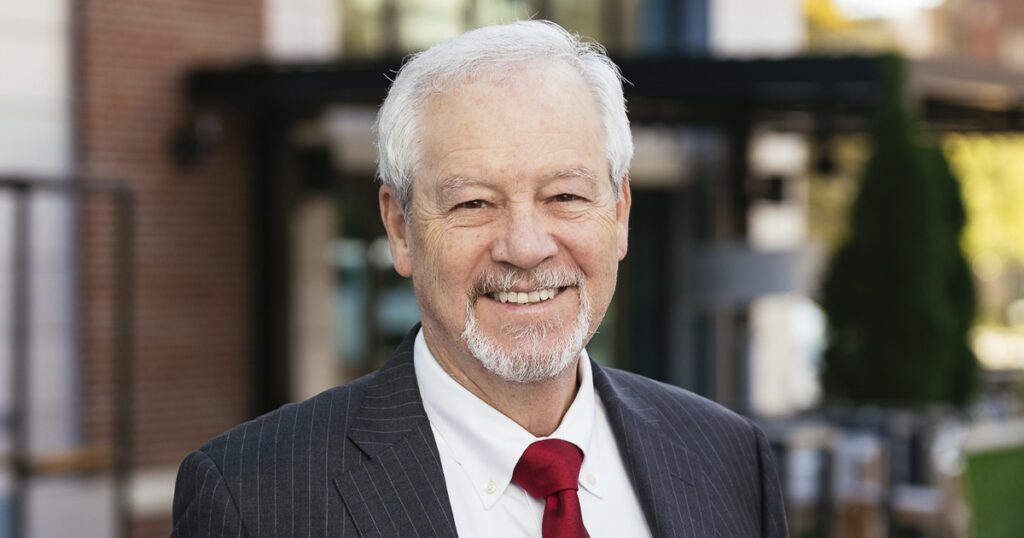Wyche Inside IP
By Wallace K. Lightsey
On May 11, 2016, President Obama signed into law the “Defend Trade Secrets Act,” or “DTSA,” creating for the first time a federal civil remedy for trade secret misappropriation.
In an era of increasingly contentious partisan politics, the DTSA received a level of bipartisan support in the Congress that is quite remarkable. The Senate passed the bill by a unanimous vote of 87-0, and the House of Representatives then enacted it with a vote of 410 to 2. In signing the Act, President Obama praised the bipartisan effort that led to its enactment and touted the importance of the legislation with these words:
“As many of you know, one of the biggest advantages that we’ve got in this global economy is that we innovate, we come up with new services, new goods, new products, new technologies. Unfortunately, all too often, some of our competitors, instead of competing with us fairly, are trying to steal these trade secrets from American companies. And that means a loss of American jobs, a loss of American markets, a loss of American leadership.
“What these members of Congress have done is to, on a bipartisan basis, pass a strong enforcement bill that allows us not only to go after folks who are stealing trade secrets through criminal actions, but also through civil actions, and hurt them where it counts in their pocketbook.”
Notwithstanding the President’s words, it is a legitimate question to ask whether the DTSA really accomplishes all that much. A cynic might even suggest that the reason the DTSA received such an unusual level of bipartisan support is that it doesn’t really change anything.
Unlike, say, the Copyright Act, the DTSA does not preempt state law protection for trade secrets. Most states (48 out of 50) have adopted the Uniform Trade Secrets Act, or “UTSA.” South Carolina has its version of the UTSA, creatively called the South Carolina Trade Secrets Act, or (you guessed it) “SCTSA.” While many of the states that adopted the UTSA modified it in one respect or another, the fact is that most states’ laws on trade secrets are not significantly different from each other or from the new federal law. The DTSA defines “trade secret” pretty much the same as it is defined in the UTSA and in most state statutes, including the SCTSA. The DTSA also defines misappropriation consistently with most state laws. And the remedies available under the DTSA are, pretty much, the same as or very close to the remedies provided in the UTSA, the SCTSA, and most states’ xxTSA’s.
So what’s the big deal? Well, there are a few significant things that the DTSA accomplishes:
- A uniform body of federal law for trade secret protection throughout the U.S. While most state trade secret laws are very similar, there are a few states whose legislatures or courts have made substantial departures from the UTSA. It will be helpful for companies that do business across state borders to have one consistent body of law to draw upon.
- Ex parte seizure orders. The DTSA provides a procedure and standards for a trade secret owner to obtain an ex parte order (that is, an order issued by the court without the other side being present to argue against it) seizing a trade secret that has been wrongfully taken and prohibiting any further transmission or transfer of it. Such a tool can be an extremely important protection to stop a valuable trade secret from being publicly revealed or spirited away to a competitor.
- A federal forum applying federal rules of procedure. This is a really big deal, as a practical matter. In disputes where the parties and witnesses are located in different states, it is much easier to litigate in federal court. For this reason, if no other, you can safely predict that lots of trade secret cases will now be brought in federal court under the DTSA.
For modern companies that operate across state and international borders, therefore, the DTSA is actually an important piece of legislation. So, let’s all take a moment to reflect on the fact that, in this one instance at least, the Congress and President were able to accomplish something by working together.






